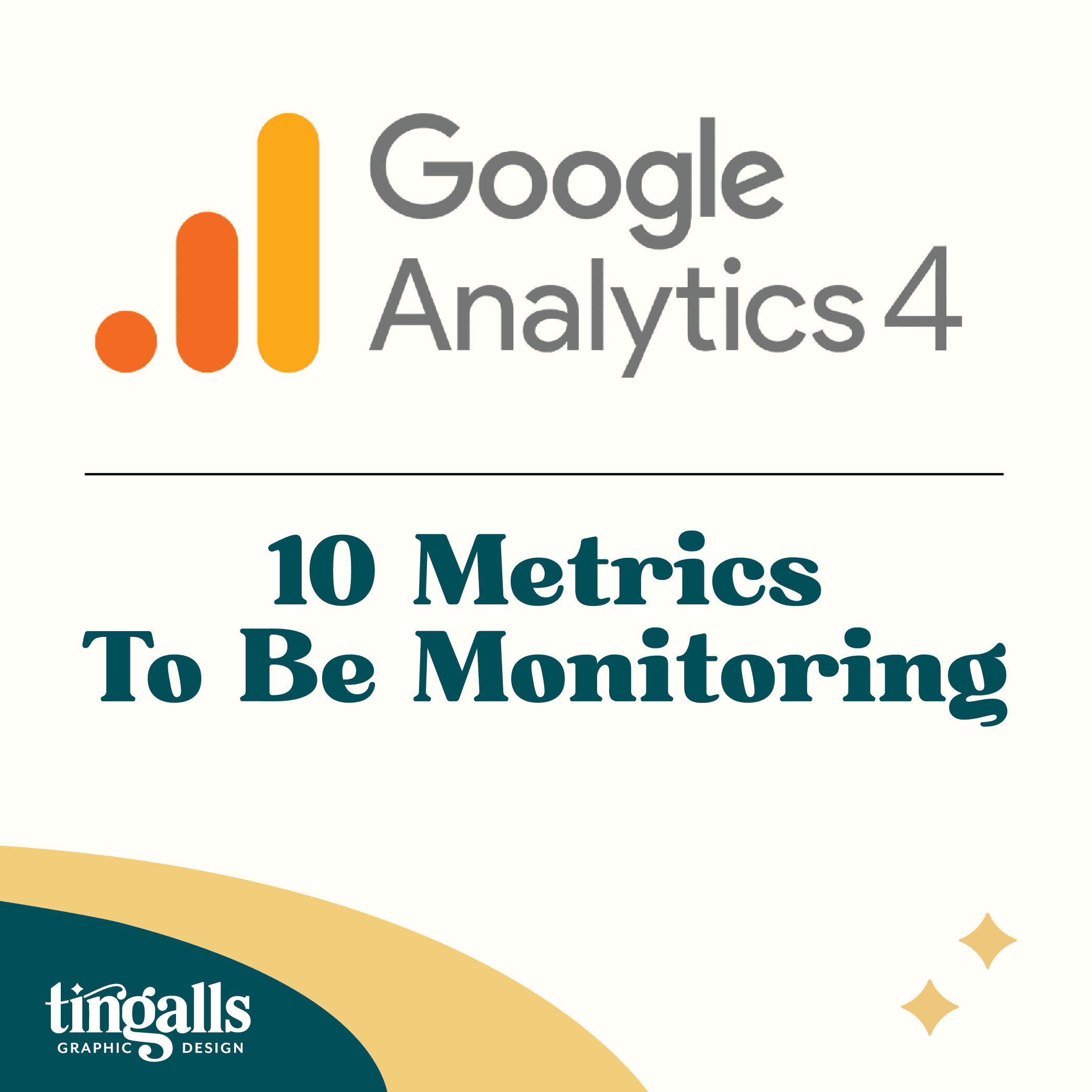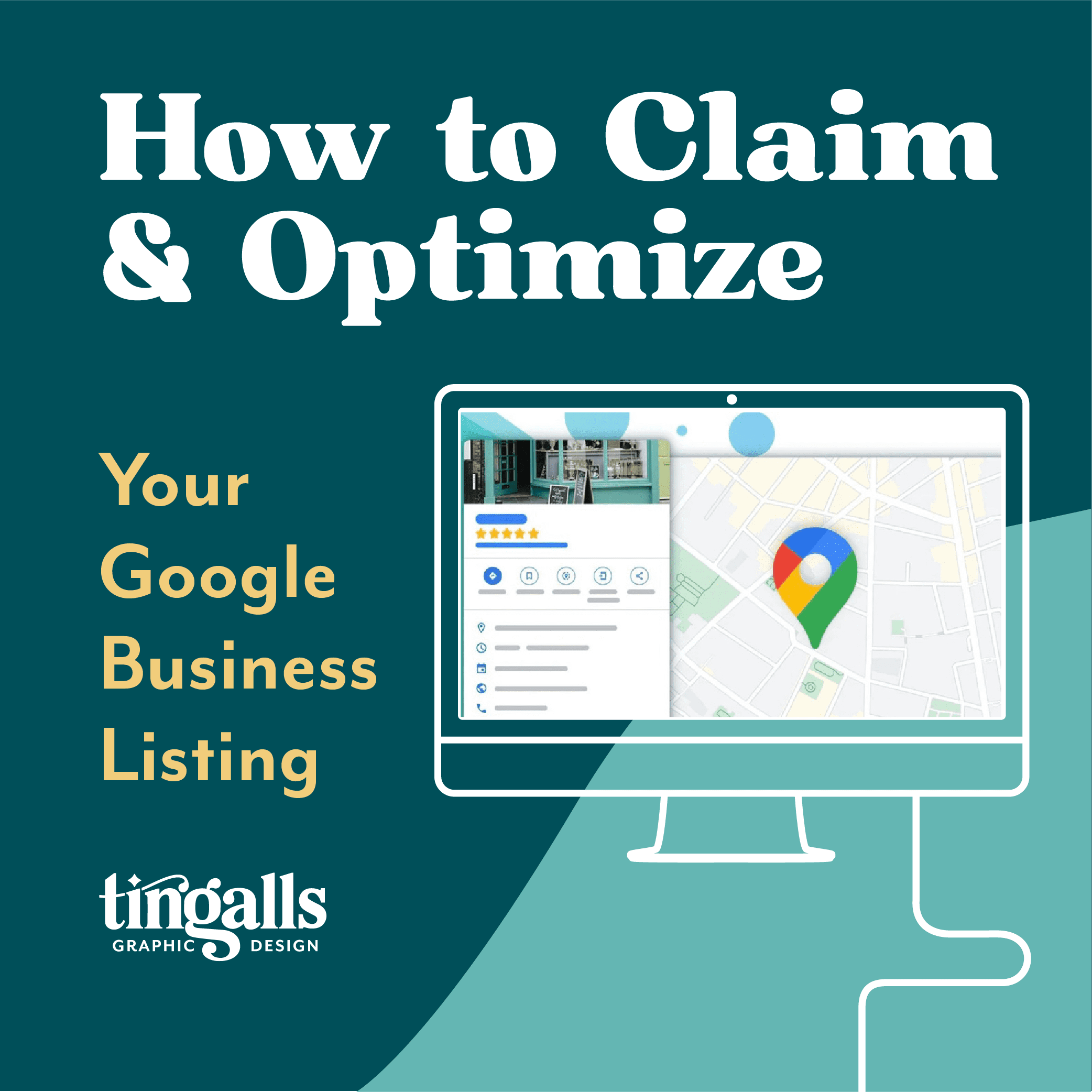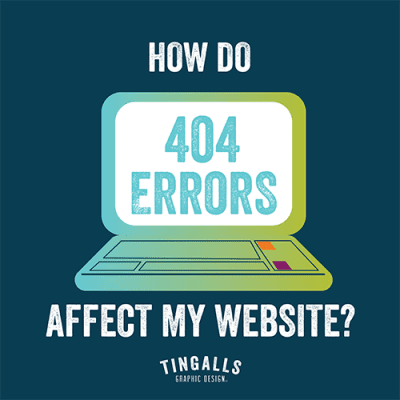How to Write Website Copy with SEO in Mind
 Guest Blog Article by Flamingo Theory Marketing
Guest Blog Article by Flamingo Theory Marketing
One of the ways the pandemic shifted the way businesses operated was by drastically increasing the awareness paid to online methods of generating traffic and revenue across all industries. Regardless of what you were selling and how, it seemed like every business owner in America was hitting Google to figure out how to draw in remote business business remotely. At the core of this is managing your on-page and off-page SEO (Search Engine Optimization) which determines how well and how high you can rank in search engines like Google or Bing.
This post is going to focus on a few key tips on how to write copy for your websites in an engaging and entertaining manner, so that you can keep your audience interested while adhering to the SEO principles that will bring you traffic long-term.
Do your keyword research!
Writing copy without a plan is certainly doable, but it’s also a gigantic pain. When you do keyword research, you’re not just finding out what key terms people are searching that could bring them to you, you’re getting a blueprint for how to craft content that delivers value to your target audience.
And the best part? Google’s algorithm is smart and ever evolving. They want businesses creating quality content to rise to the top, so that everyone’s happy with their search results.
Starting keyword research can be daunting, especially if you’re completely new to it, but luckily, there are plenty of free tools that can get you started. We quite like Neil Patel’s UberSuggest or Google’s Keyword Planner.
For tools like these, keyword research can be as simple as entering your niche into the programs to see what results come up. For example, if you’re selling “dog collars,” this is what you might get from UberSuggest:

This is a fairly standard layout for keyword tools.
Keyword Ideas: the suggested terms that people search for in your chosen niche.
Trend: Data on how much that keyword has been searched over a certain time period (note: for many keyword planners, dates on these times tend to lag or be outright obsolete)
CPC: AKA Cost Per Click, this is the average price you’d pay to get a click on a paid ad if you were advertising your business on Google.
PD: AKA Paid Difficulty – This is their measurement of competition you’d face trying to get high visibility for your ad compared to your competitors. The higher the number, the most competition you’ll face.
SD: AKA Search Difficulty – This is their measurement of how difficult it is to rank a website high in the results for a keyword term. The number tends to be higher the more competition you have, though the way this number is calculated can vary wildly between keyword planners.
Getting comfortable with the keyword tools you want to use is a matter of time and experience, but the general gist is that you want to shoot for keywords that have the highest amount of searches with the lowest amount of competition. At least, that’s how it works if your goal is organic rankings in the search results over time. If you’re fine with spending money on paid ads, you can start refining your ad strategy based on your budget and the buyer intent in keywords.
Now, we know this can come off a bit intimidating, but it’s important to recognize that any time you spend experimenting with keyword research will pay off exponentially in the future. Even if you completely fail with one term, you start to learn how to quickly recognize which keywords to target for your strategy and audience in the future. Part of this leads directly into the next step…
Do Audience Research
Reddit, forums, Facebook groups, Amazon reviews. You want to go straight to the source to see what people are saying about your niche, about products/brands in your niche, and how exactly they talk about it.
Let the sort of language and frustrations that real world customers in your niche express help influence the wording you use in your own copy. Sometimes you might even want to preserve it word-for-word, if changing things would result in you losing the essence of their frustrations (before you suggest your service as a solution).
Take note of competitors mentioned, and what they say about them. An underutilized aspect of SEO is making your competitor’s work for you (work smarter, not harder). For example, if someone mentions a specific feature a competitor doesn’t have in their dog collars you could mention that brand in a blog post talking about why your dog collars do include that feature.
One common misconception about SEO is that you want every single link to either be pointing at your products, or at other pages on your website. Far from it – Google actually prefers when you spread the link juice.
By talking about competitors in your copy, you increase your website’s overall relevancy in your niche, can pick up some traffic when your audience looks into your competitor’s products, and get a little boost on your links overall to boot.
Keep it Concise
Back in the day, people were only concerned with content length when it came to SEO. It was like an arms race but for words – 1000 words, 4000, 6000; EVERYONE wanted to have the biggest pillar pages around.
But Google’s smarter than that. It’s not just about length, its about audience behavior when they get to your page. How long do they stick around? Do they visit other pages? In a world of constant distractions and shrinking attention spans, you need to be able to provide content that’s accessible and valuable without wasting time. This doesn’t mean your pages overall need to be short – but they do need to be FOCUSED.
Find out what your audience wants, then write the content that explains why they want it and how to get it. No more, no less – besides some bursts of personality here and there 😉.
Website Copy + SEO = a Winning Combination
Ultimately, writing website copy with SEO in mind is all about putting the customer first. More than sales, more than engagement or email signups, your goal has to be maximizing value for your audience. Then, everything else will fall in line, especially with SEO principles enabling your pages to rank up organically over time.
Born to help businesses find and promote their individuality, Flamingo Theory is the premier Madison-area Digital Marketing and Creative agency. From services like Email Marketing, Social Media Management, Search Engine Optimization (SEO), Paid Digital Advertising, Review Management, Strategy Development, PR, and more, we have all the tools in the digital marketing toolbox to help your company’s online presence Stand Unique.
Let’s talk! Book a free consultation now at https://calendly.com/




